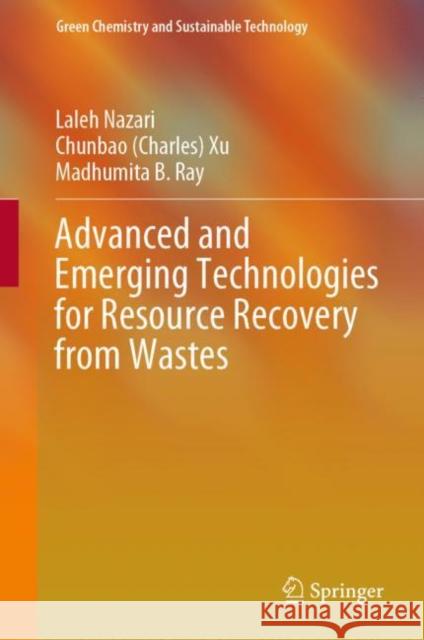Advanced and Emerging Technologies for Resource Recovery from Wastes » książka
topmenu
Advanced and Emerging Technologies for Resource Recovery from Wastes
ISBN-13: 9789811592669 / Angielski / Twarda / 2021 / 207 str.
Advanced and Emerging Technologies for Resource Recovery from Wastes
ISBN-13: 9789811592669 / Angielski / Twarda / 2021 / 207 str.
cena 647,09
(netto: 616,28 VAT: 5%)
Najniższa cena z 30 dni: 616,85
(netto: 616,28 VAT: 5%)
Najniższa cena z 30 dni: 616,85
Termin realizacji zamówienia:
ok. 16-18 dni roboczych.
ok. 16-18 dni roboczych.
Darmowa dostawa!
Kategorie BISAC:
Wydawca:
Springer
Seria wydawnicza:
Język:
Angielski
ISBN-13:
9789811592669
Rok wydania:
2021
Wydanie:
2021
Numer serii:
000475393
Ilość stron:
207
Waga:
0.48 kg
Wymiary:
23.39 x 15.6 x 1.42
Oprawa:
Twarda
Wolumenów:
01
Dodatkowe informacje:
Wydanie ilustrowane











